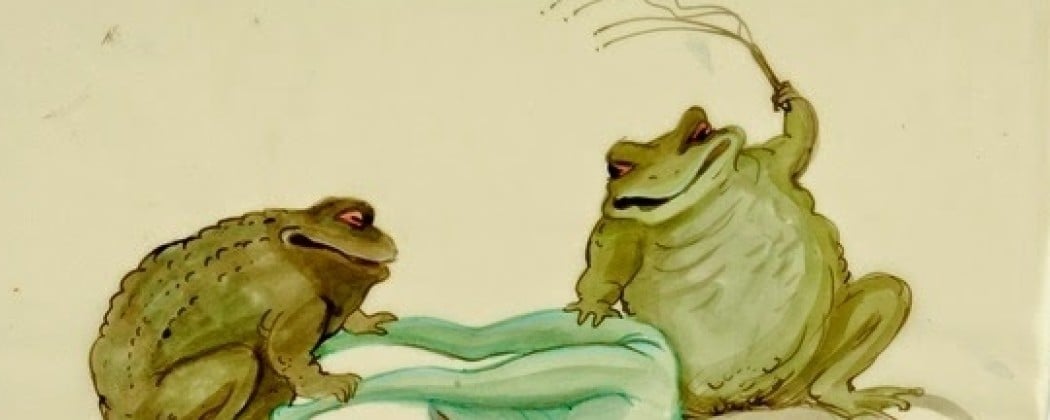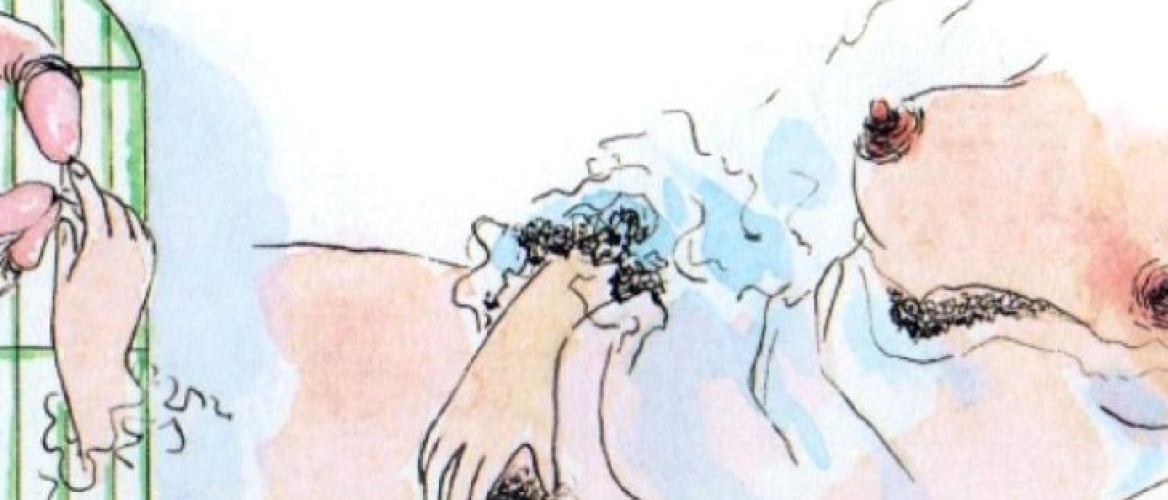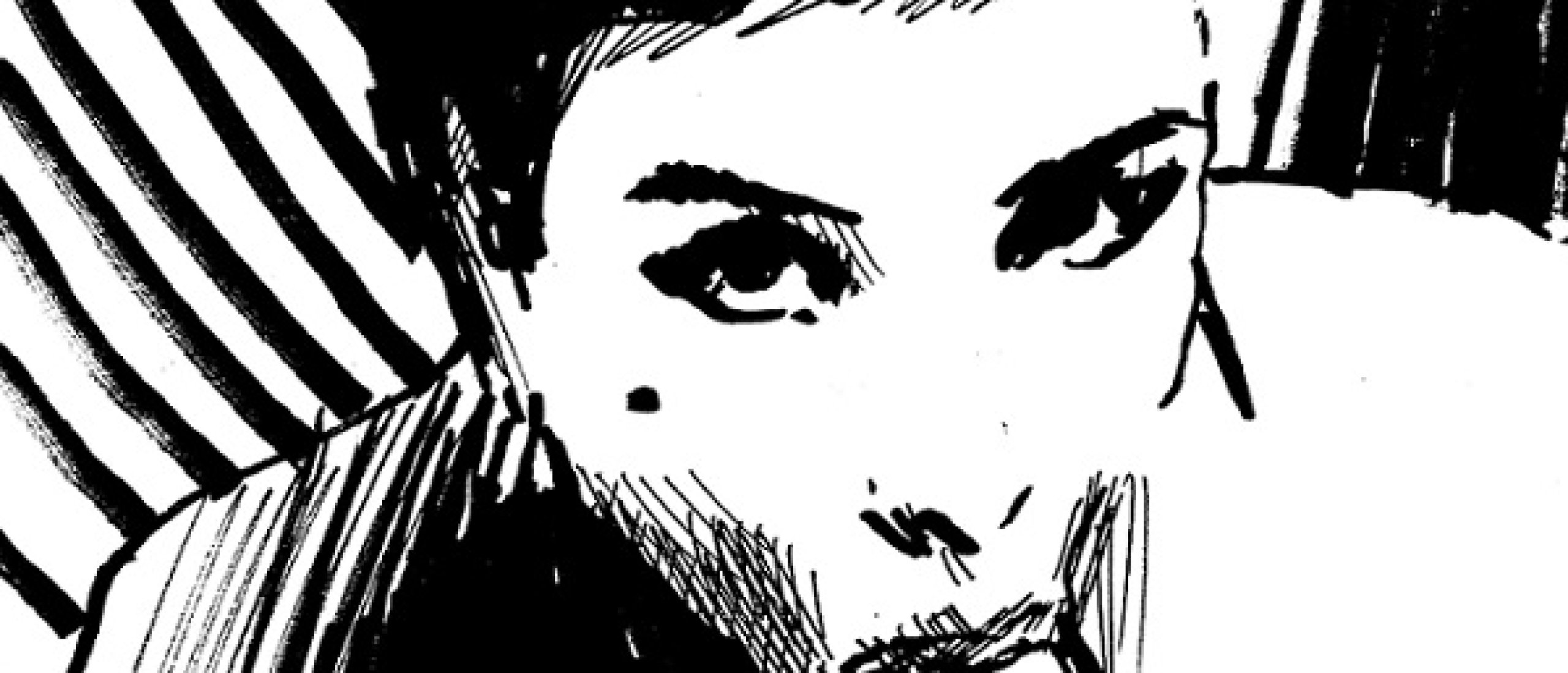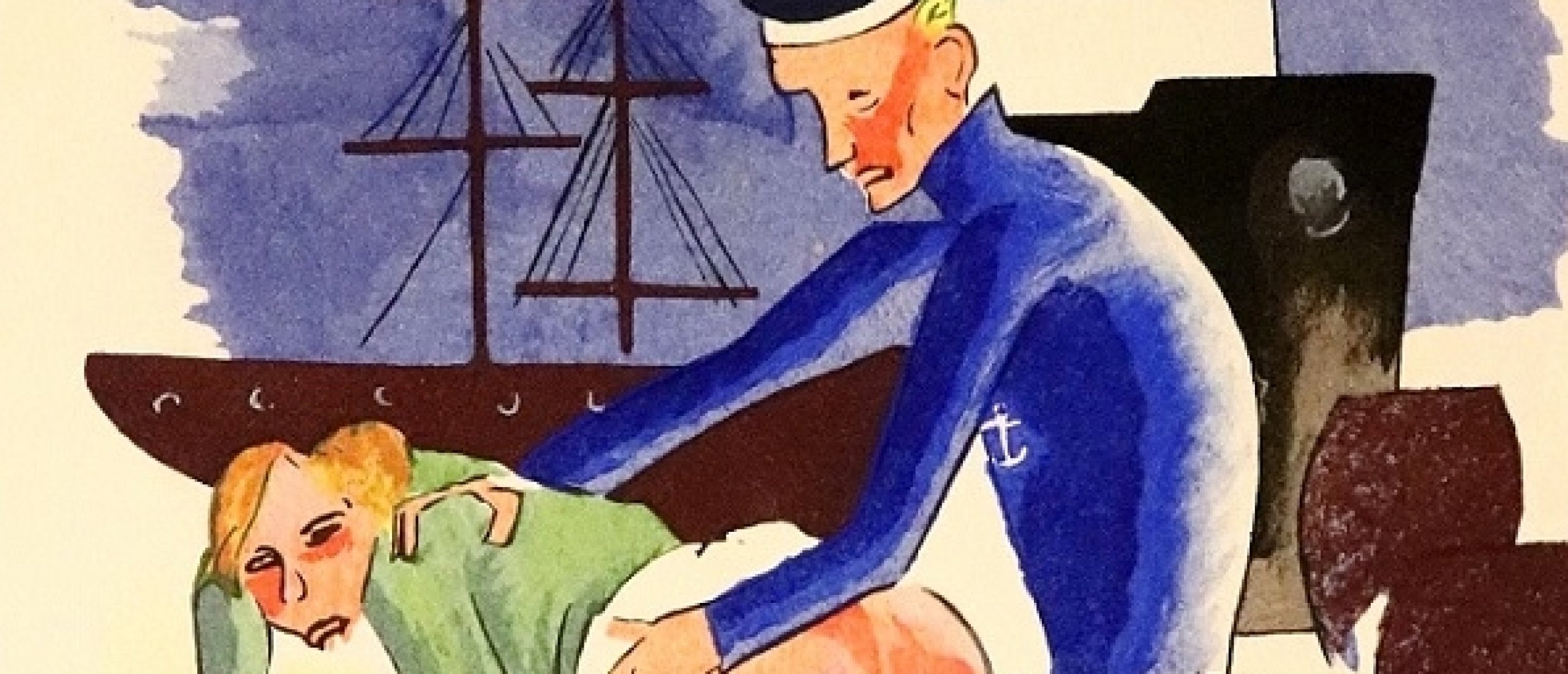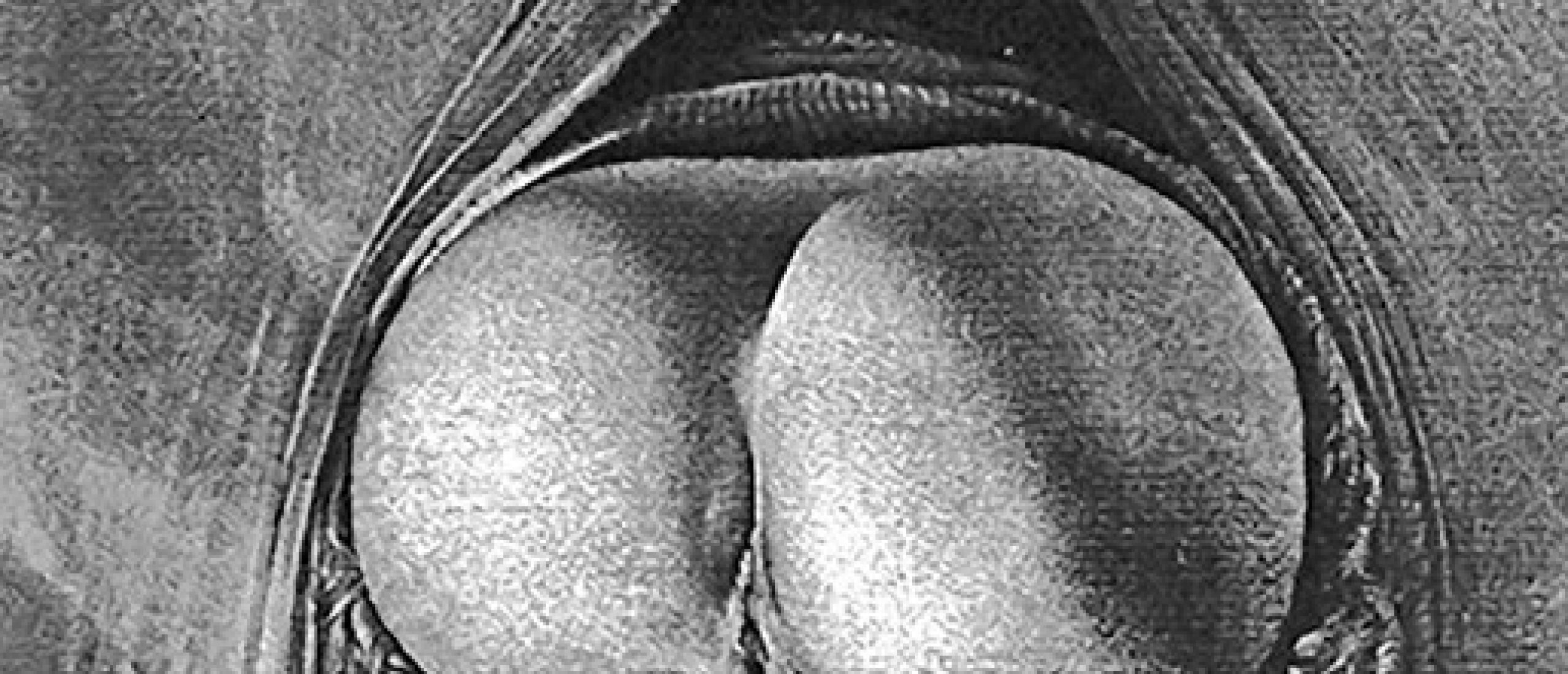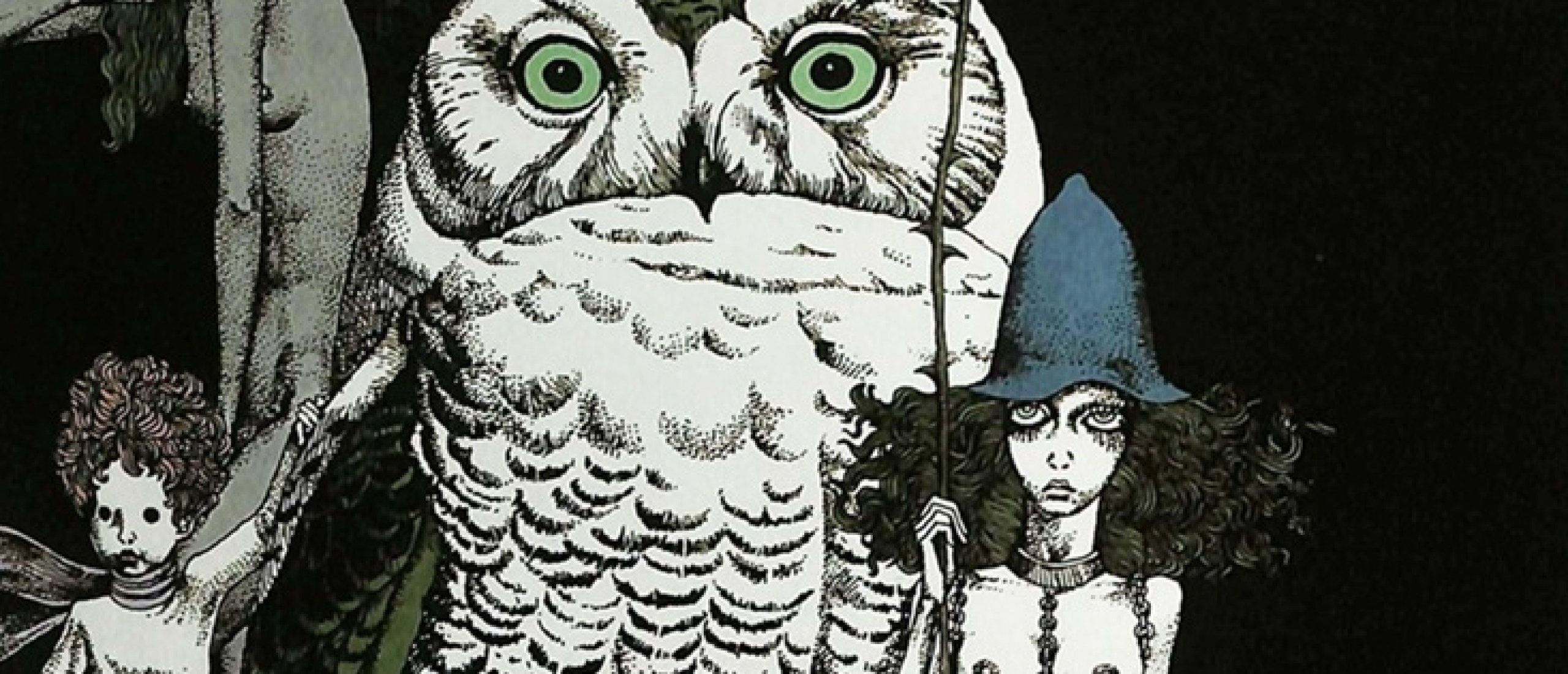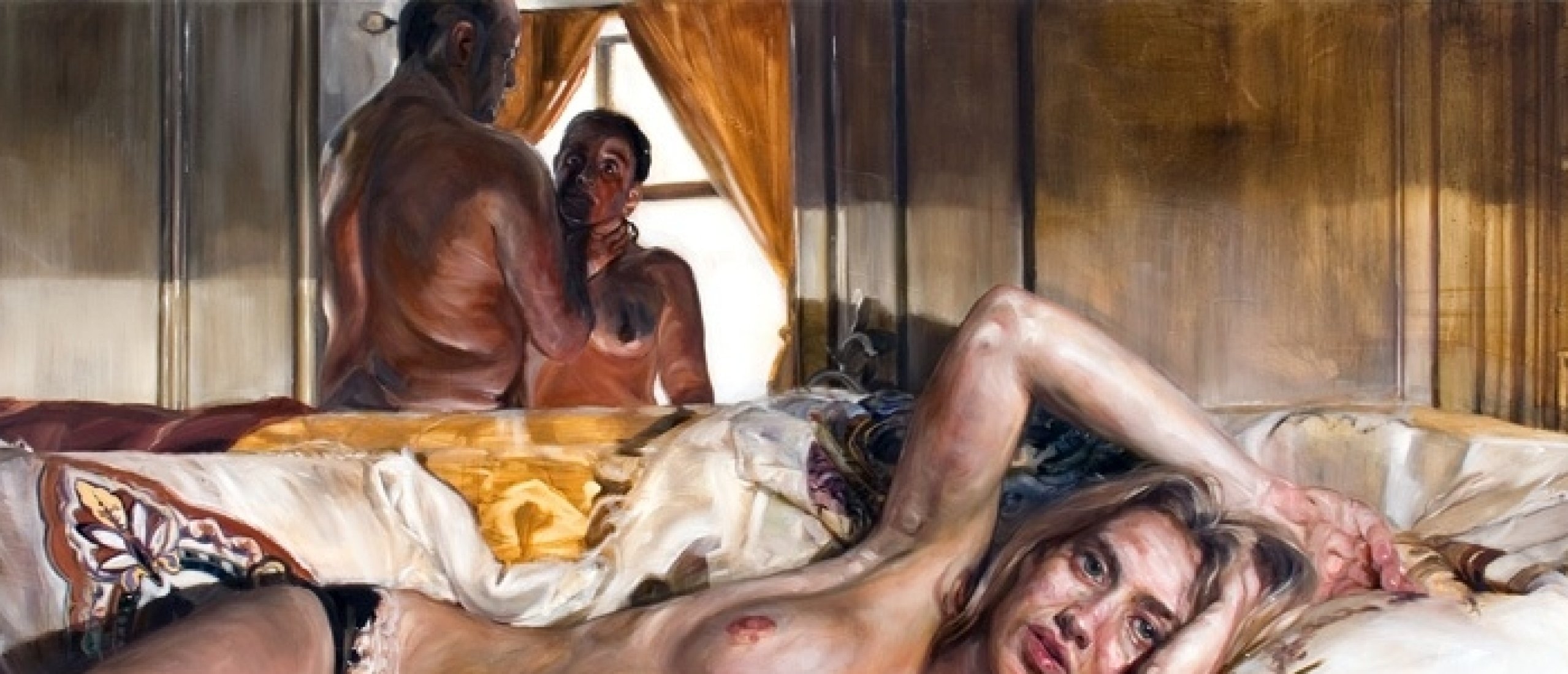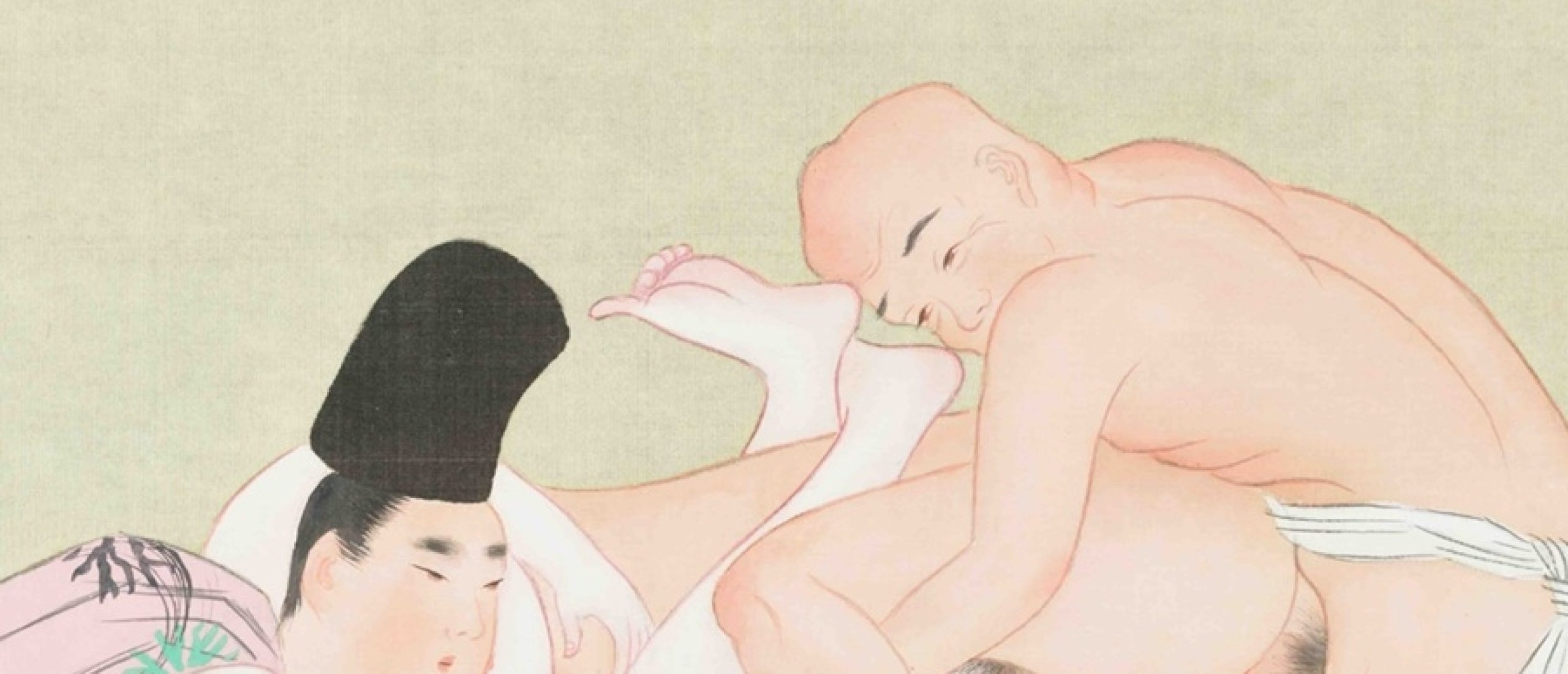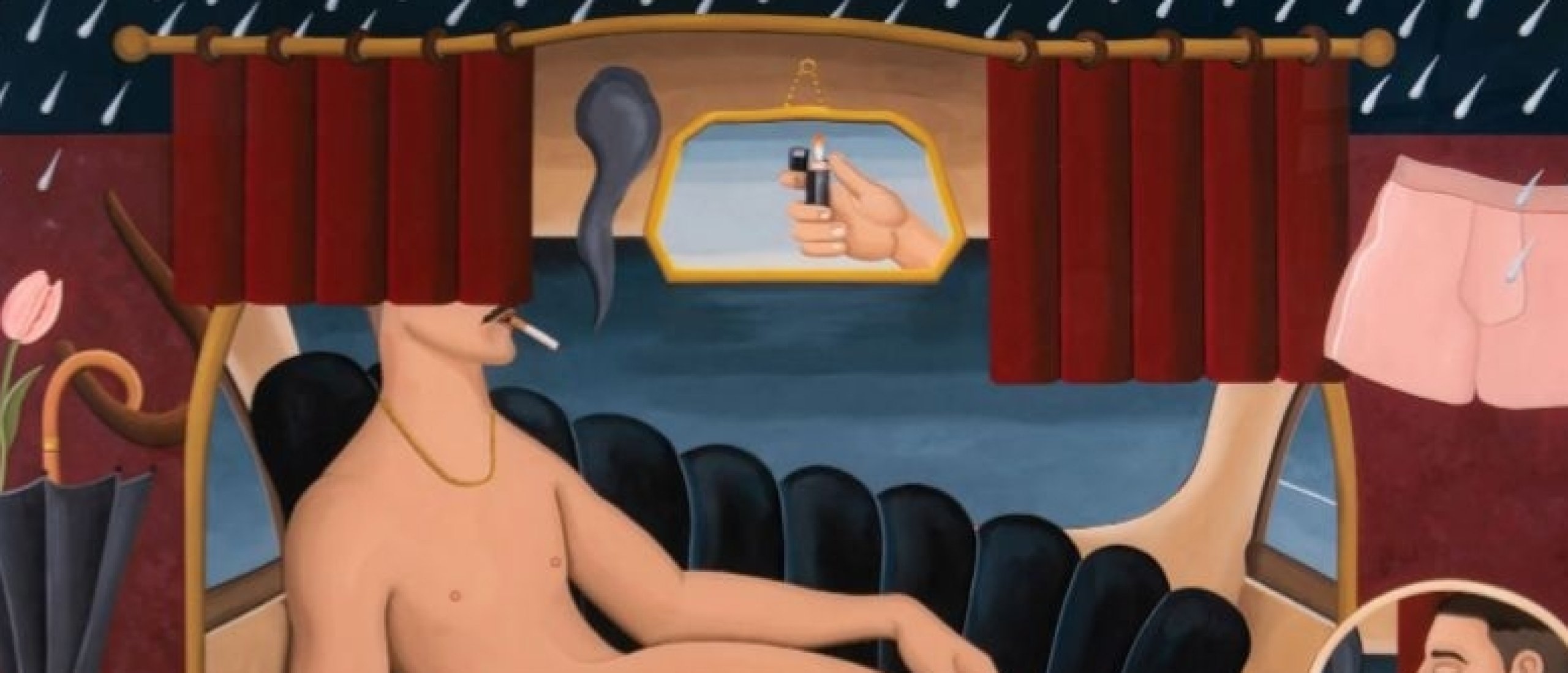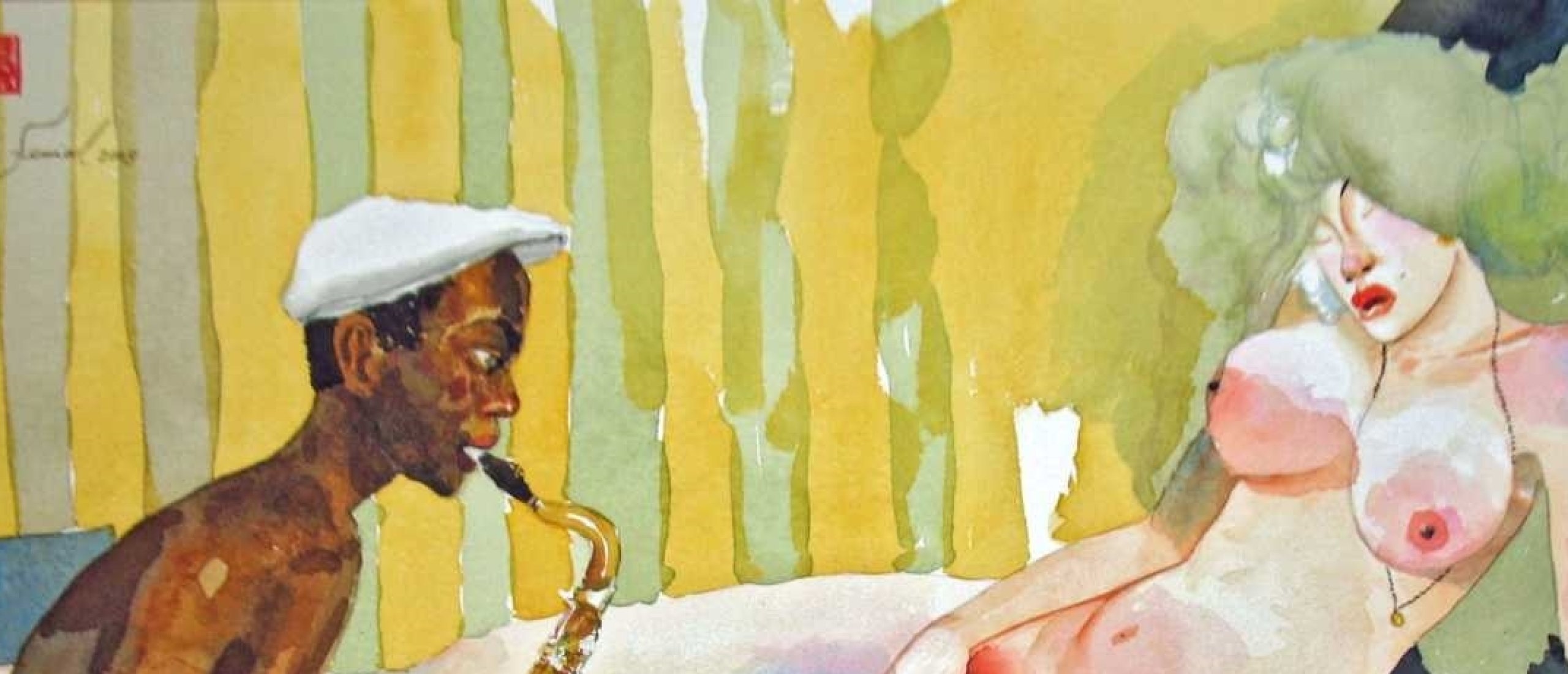
Ernesto Jorge Ferriol Perez was born in the city of Holguin, Cuba, in 1971. Currently, his place of residence is in Osaka, Japan. Ernesto attended the Raúl Gómez García Vocational Art School before transferring to the El Alba School of Plastic Art four years later. Beginning in 1995, he attended the Higher Institute of Art in Havana and began displaying his artwork. He was the first Cuban artist to take part in the Japanese Festival of Arts in Kyoto in 2003. Ferriol’s work is in private collections across Cuba, Japan, USA, Canada, Spain, Greece, Israel, and Mexico.
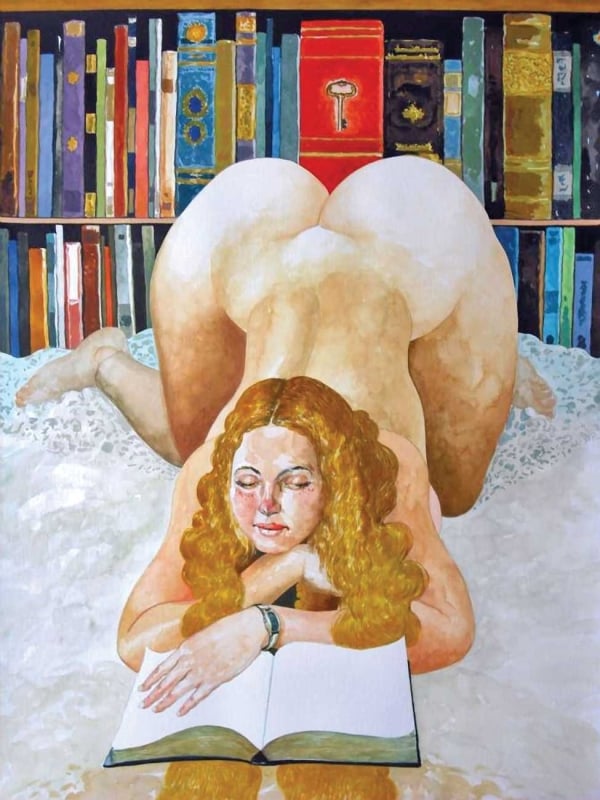
Fig 1
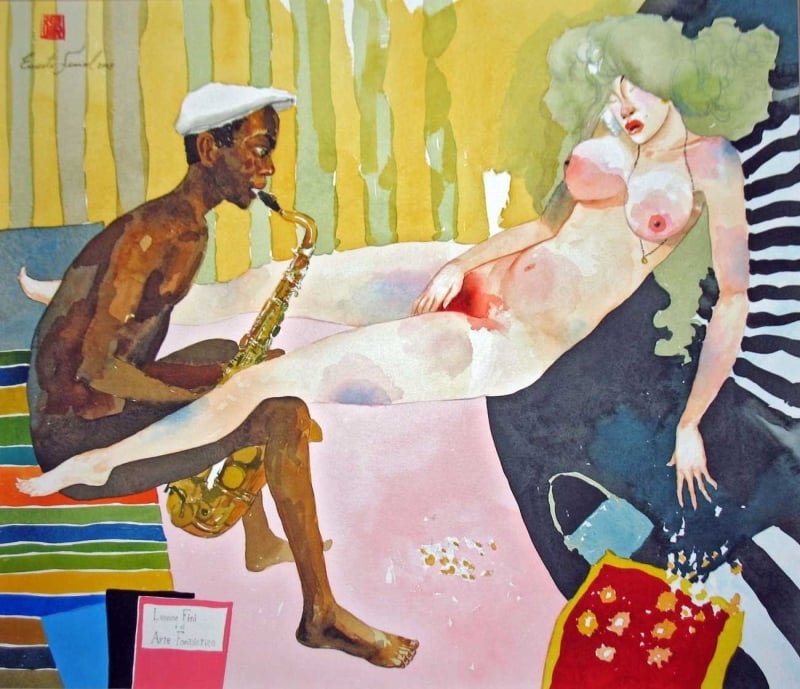
Fig 2
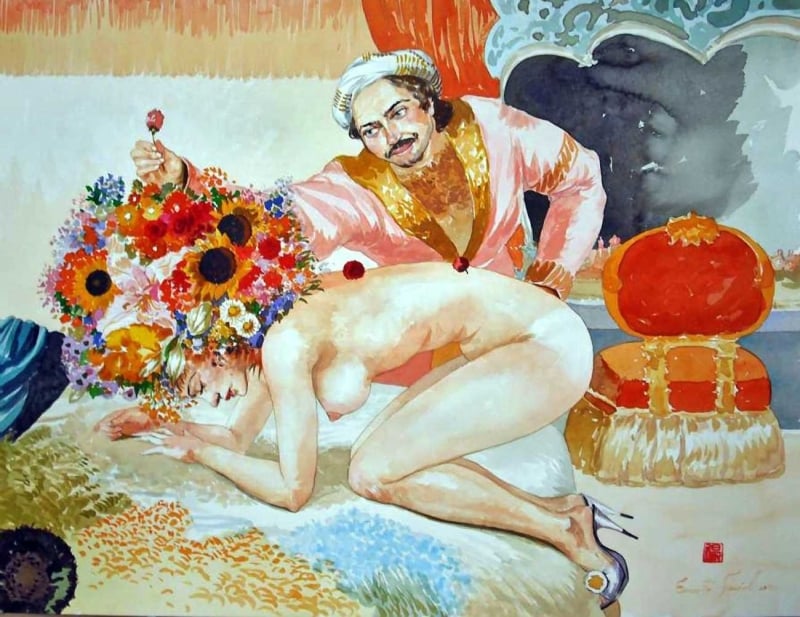
Fig 3
The New Cubanidad
During the 1920s, a group of Cuban painters emerged who not only reflected the traditions of the Cuban experience in their works but also offered to rejuvenate them. They embodied and transformed Cuban visuals, stories, and music to convey a diverse, shared sense of identity. Artists such as Víctor Manuel García Valdés, Eduardo Abela and Amelia Peláez helped shape a modernist movement in Cuban art called Vanguaridia. The Vanguardia movement explored the intersection between artistic expression and sociopolitical ideology. Artists could reinterpret the Cuban reality in a surrealistic manner by fusing local and foreign influences.
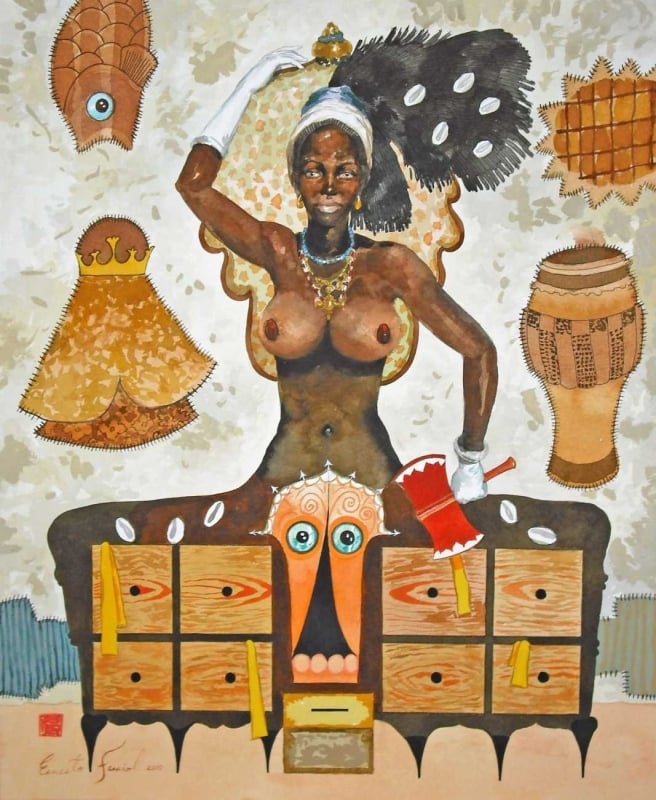
Fig 4
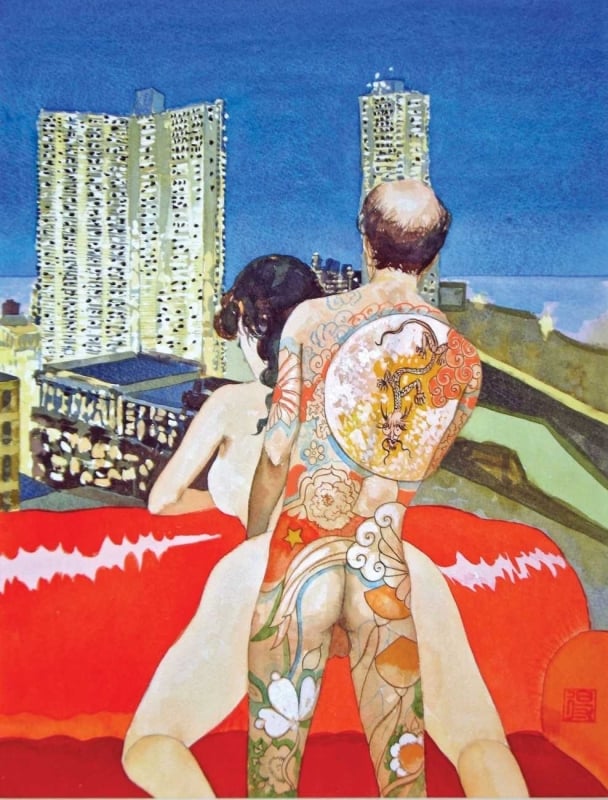
Fig 5
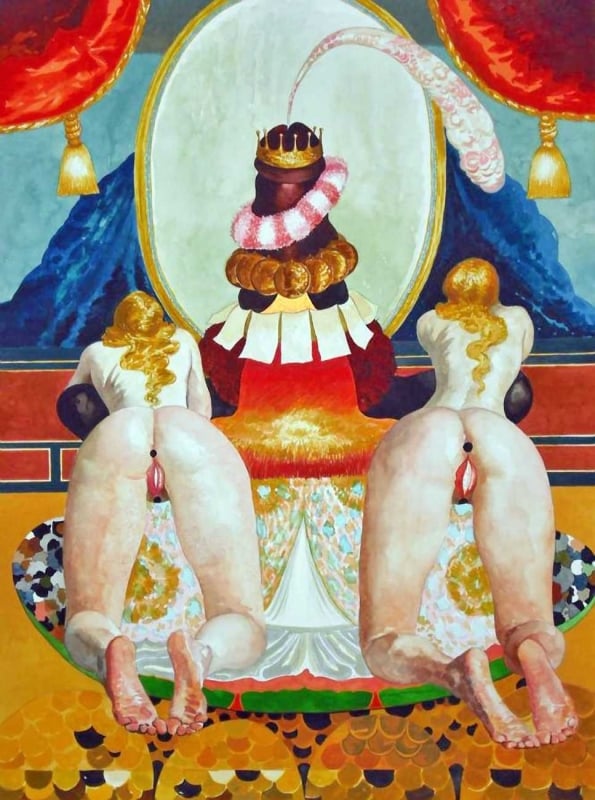
Fig 6
Become a Premium member now and check out the extended edition including more on the Vanguardia painters, Ferriol's unique use of technique and color, European influences, and more artworks.. Premium members can click here for instant access.
Click HERE for the mischievous graces in the art of the Cuban painter Cesar Santos
What do you think about Ernesto Ferriol's sensual surrealism? Leave your reaction in the comment bow below!


